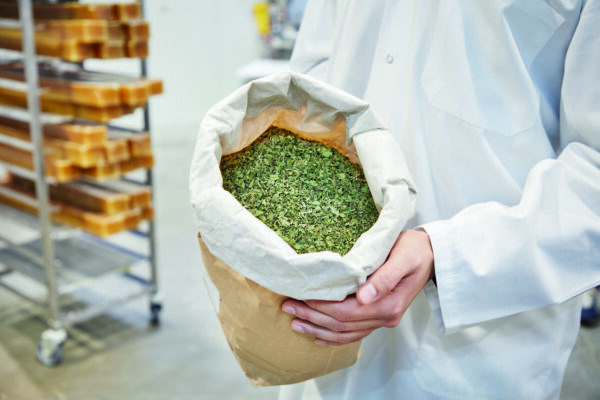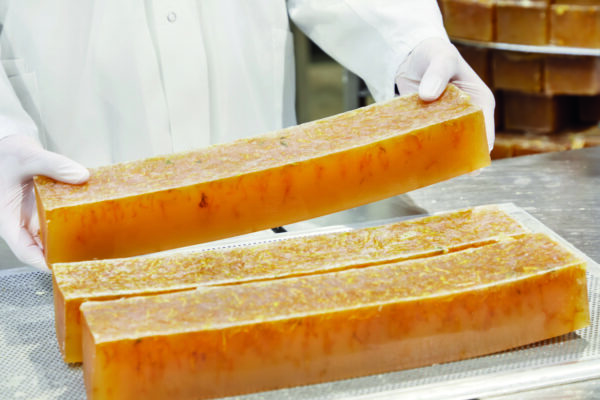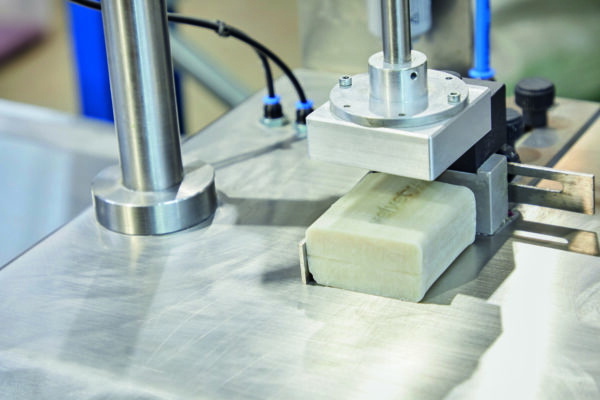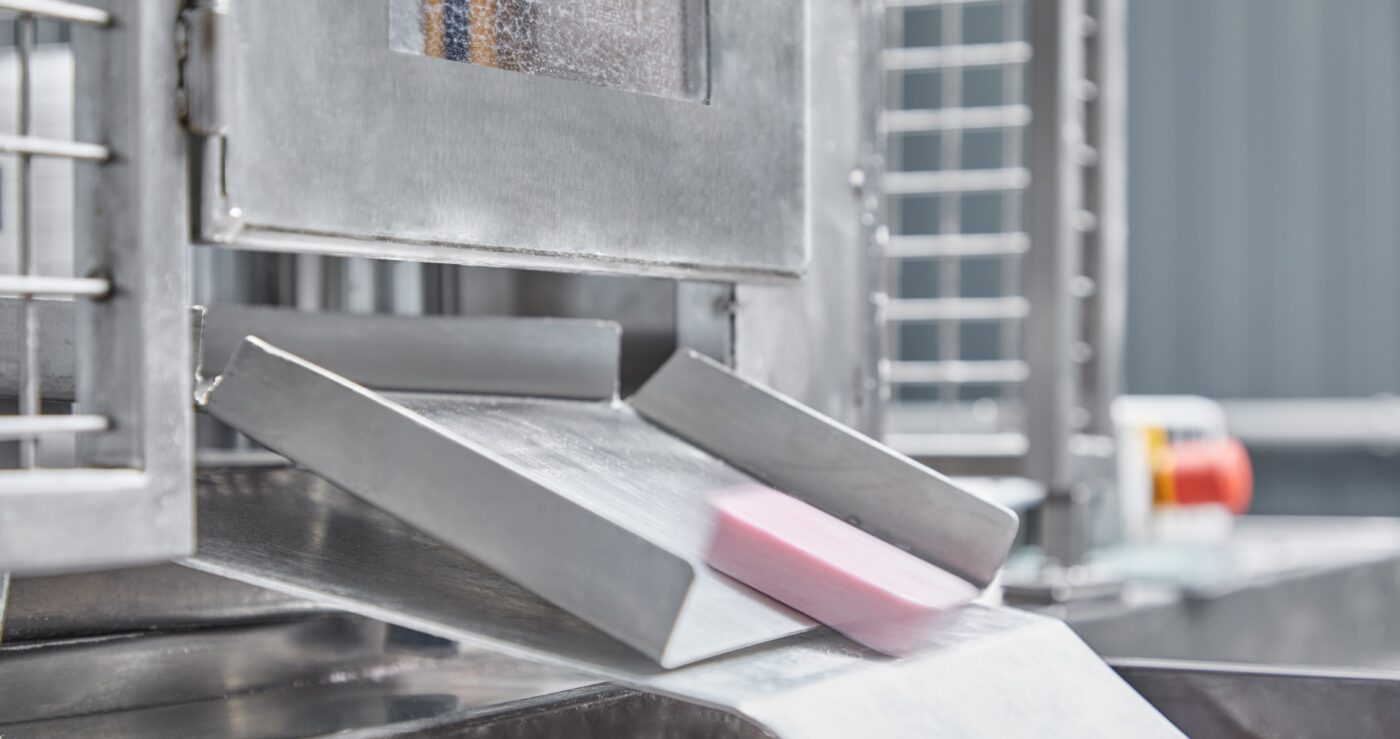The industrial production of solid shampoos is a fascinating example of the evolution of the cosmetics industry, which focuses on sustainability and innovation.
Solid shampoos, also known as shampoo bars, are becoming increasingly popular due to their environmentally friendly nature and efficiency.
Unlike their liquid counterparts, they require less packaging, are more economical and easier to transport, making them an excellent choice for eco-conscious consumers and travelers.
Selection of ingredients
The manufacturing process for solid shampoos differs fundamentally from that of conventional liquid shampoo. The process begins with the careful selection of ingredients that not only cleanse effectively, but also care and protect. The main ingredients include surfactants, which are responsible for the cleansing power, as well as various oils, butters, herbs and essential oils, which give the bars additional nourishing properties.

Mixture of ingredients
The surfactants form the basis of the shampoo bar. These are combined with conditioners, moisturizers and other natural ingredients such as coconut oil, shea butter, cocoa butter and plant extracts. The choice of ingredients depends on the desired effect of the shampoo, such as moisturizing, volume enhancement or dandruff control.
Once the ingredients have been selected, mixing takes place. The solid ingredients are first melted and then mixed with the liquid and powder ingredients to form a homogeneous mass. This step requires precise temperature control to ensure that all ingredients react properly with each other without losing their beneficial properties.

Shaping and curing
The mixture is then poured into molds. These molds determine the final shape and size of the shampoo bar. After pouring, the bars must cool and harden. This process can take several hours to days, depending on the recipe and environmental conditions.

As soon as the bars have hardened, they are removed from the molds and subjected to quality control. This checks whether they meet the specified standards in terms of weight, consistency, fragrance and cleanability. Non-compliant products are sorted out or recycled.
Environmentally friendly packaging
The packaging of solid shampoos is another crucial aspect that underlines their environmental friendliness. Unlike liquid shampoos, which are packaged in plastic bottles, solid shampoos often use minimalist, biodegradable or reusable packaging to minimize plastic consumption.

A trend towards more sustainability
The industrial production of solid shampoos reflects a larger trend in the cosmetics industry that focuses on sustainability, environmental responsibility and innovation. These products offer an effective, practical and environmentally friendly alternative to traditional liquid shampoos, meeting both the needs of consumers and the demands of our planet. In a world where sustainability is becoming increasingly important, solid shampoos represent a significant step towards a greener future.
